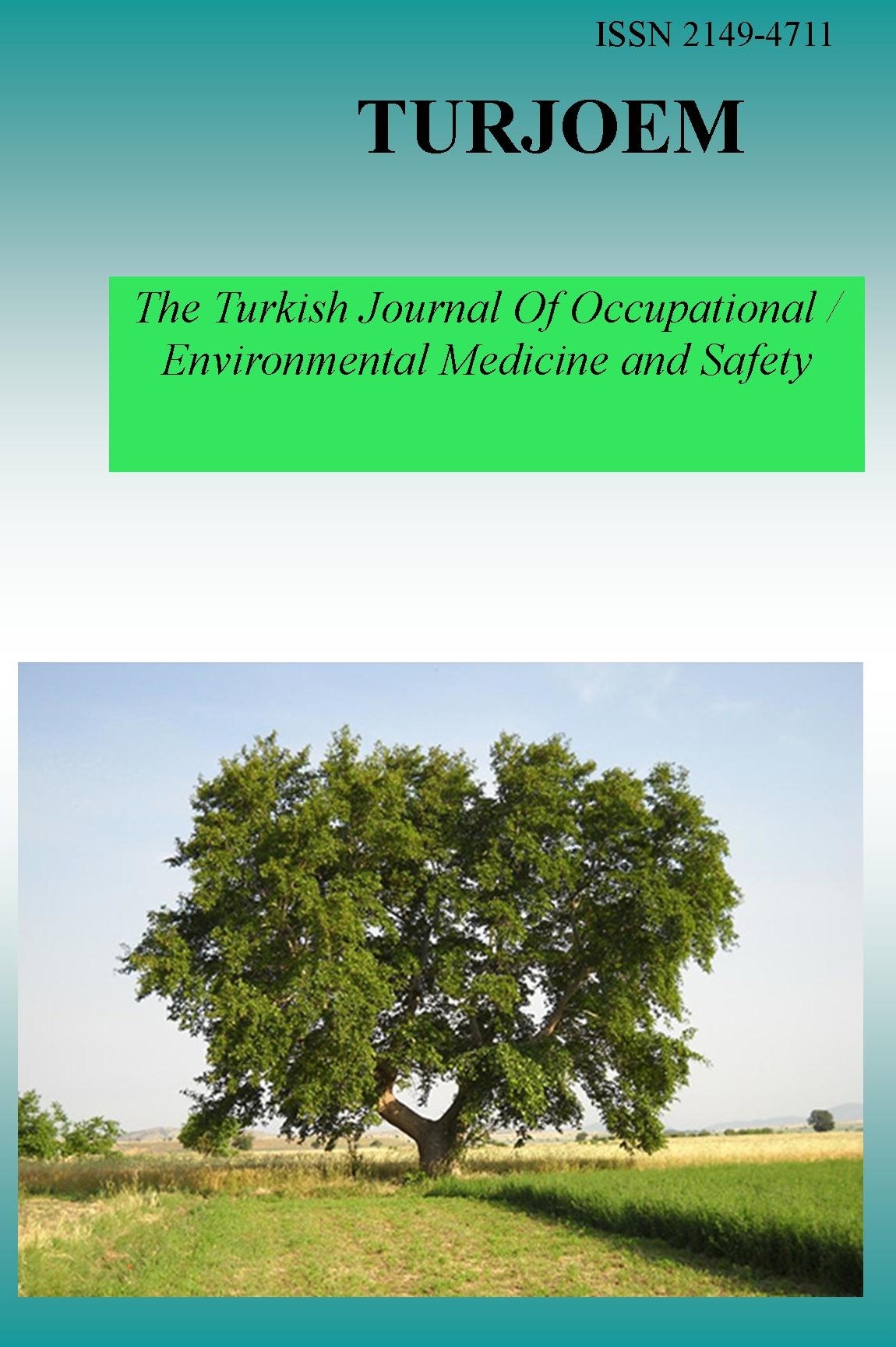ANTIPSYCHOTIC DRUGS AND THE RISK OF SUDDEN CARDIAC DEATH
ANTIPSYCHOTIC DRUGS AND THE RISK OF SUDDEN CARDIAC DEATH
___
- Merve DEMIRBUGEN, H. Sinan SÜZEN
- Ankara University, Faculty of Pharmacy, Department of Pharmaceutical Toxicology Ankara, TURKEY
- ISSN: 2149-4711
- Başlangıç: 2015
- Yayıncı: Engin TUTKUN
A REVIEW OF HEAVY METAL (As, Pb, Cd and Hg) TOXICITY ON INFANTS
THE EFFECT OF ARSENIC ON GENE POLYMORPHISM ASSOCIATED WITH OXIDATIVE STRESS
Esra BALCIOĞLU, Zeliha KAYAALTI
Asma BAHRANIFARD, Ali Akbar MALEKIRAD, Samira SHAHRJERDI, Zeynab KIANI, Kobra RAHZANI, Mohammad ABDOLLAHI
Cd AND PCBs AS THYROID DISRUPTORS: POSSIBLE MECHANISMS OF THEIR TOXICITY AND INTERACTIONS
Vesna MATOVIC, Aleksandra BUHA
TOXIN CONTENT OF GALERINA MARGINATA
Ertugrul KAYA, Ilgaz AKATA, Nuri Cenk COSKUN
WHAT IS DOPING CONTROL CENTER?
Burcu CAPKIN, Zeliha BAYRAM, Asena Ayse GENC
IR COUPLED CHEMOMETRICS IN ENVIRONMENTAL, INDUSTRIAL AND FORENSIC STUDIES
Rafig GURBANOV, Ayse Gul GOZEN, Feride SEVERCAN
HUMAN PLASMA OCHRATOXIN A LEVELS AND CORRELATION WITH HUMAN RENAL CANCERS
Mehmet Akif KILIC, Firdevs MOR, Ayşegül KARGI
THE EFFECT OF QUITTING SMOKING ON OXIDATIVE STRESS PARAMETERS
